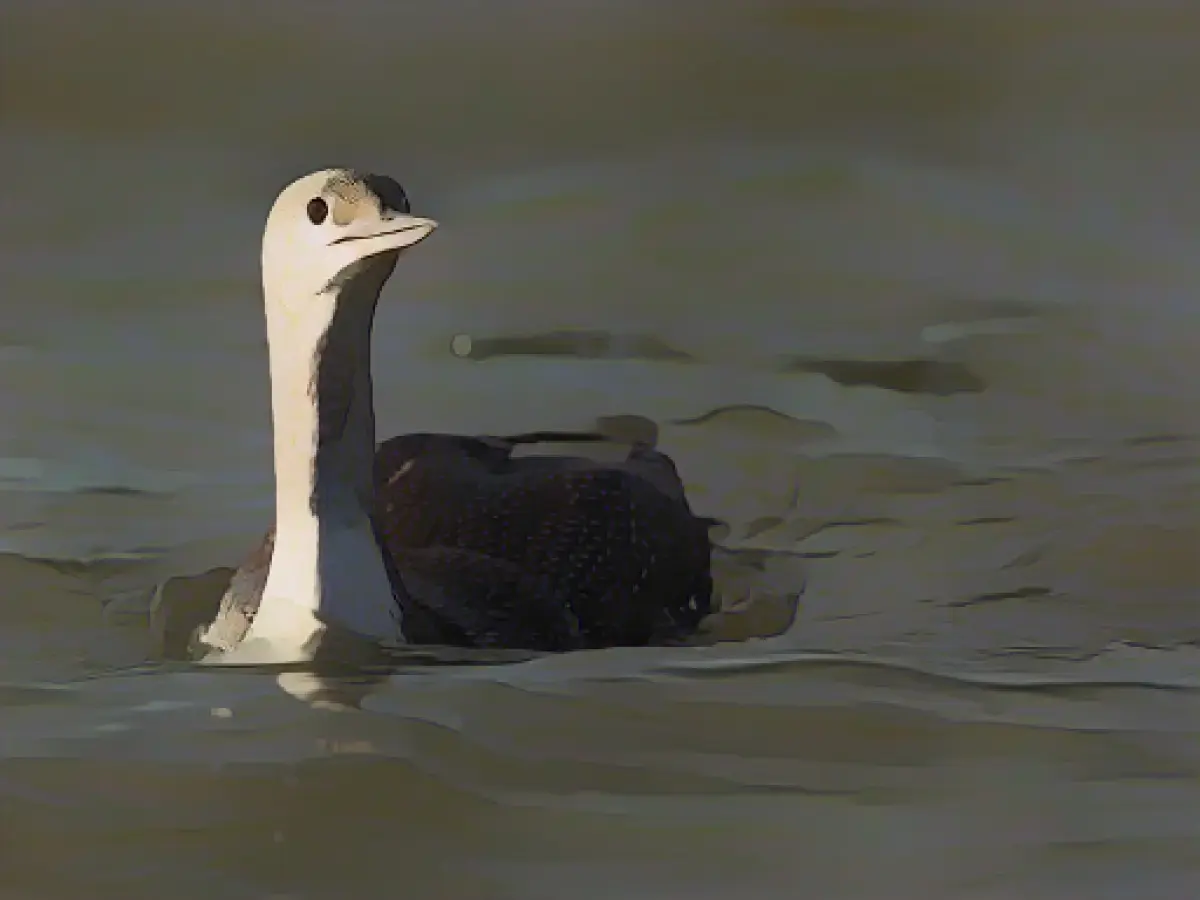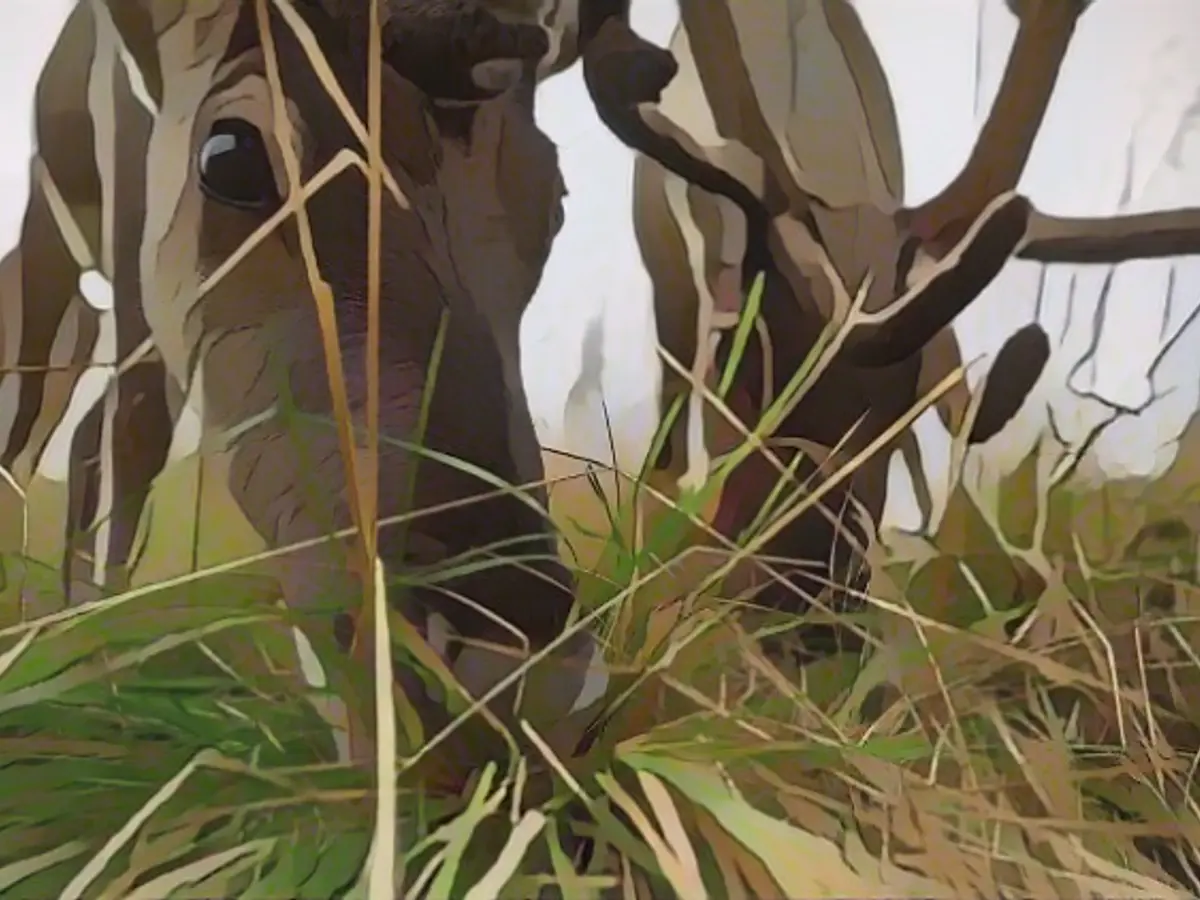Title: Red-Throated Diver Named "Seabird of the Year" 2024 Due to Degrading Habitats
The vibrant Red-throated Diver has earned the title of "Seabird of the Year" 2024, drawing attention to the critical environmental issues plaguing this remarkable species. Veit Hennig, the first chairman of the Jordsand nature conservation association, highlighted the significant threats posed by offshore wind farms and gillnet fishing along the Baltic Sea coast.
"The intensive expansion of offshore wind power poses a major threat to the Red-throated Diver," warned Hennig. Research indicates that seabirds, such as the Red-throated Diver, exhibit avoidance behaviors up to ten kilometers away from wind farm areas. This is why nature conservationists from Jordsand urge caution in wind farm expansion.
While wind energy expansion threatens the Red-throated Diver, gillnet fishing poses an additional hazard. Seabirds, including the Red-throated Diver, frequently become bycatch in these nets, with undisclosed losses. To halt overfishing and save these birds, a reevaluation of fishing practices is required.
Since 2014, Jordsand has designated one bird species as "Seabird of the Year" annually, denoting an urgent issue impacting a species community or a specific habitat. The Red-throated Diver (Gavia stellata) is deemed critically endangered in Germany's Red List of migratory bird species, according to Jordsand. This bird species is a modest migrant, venturing between short to long distances during breeding season.
Breeding in Scandinavia, northern Russia, Svalbard, and Greenland, the Red-throated Diver journeys to the North and Baltic Sea region to molt or spend winter. Approximately 20 percent of the European wintering population resides in the German North Sea, making it an essential resting place for birds and highlighting its international significance.
The Red-throated Diver's name is derived from its winter plumage, featuring white, star-like speckles. Its distinctive coloration and hunting methods - propelling itself through the water with powerful foot thrusts to find fatty fish species - make it a captivating seabird spectacle.
Unfortunately, the critically endangered status of the Red-throated Diver calls for heightened nature conservation actions. Research reveals that offshore wind farms and gillnet fishing pose severe threats to the Red-throated Diver and its environment. Mitigation measures, including changing turbine placement, employing bird-friendly designs, and minimizing bycatch, are critical to protect this species and its eco-system.
Scientific studies are vital to understanding the collision risks, avoidance behaviors, and impacts of these threats on bird populations. By refining survey methods and implementing conservation strategies, we can preserve the future of the Red-throated Diver and other seabirds.






